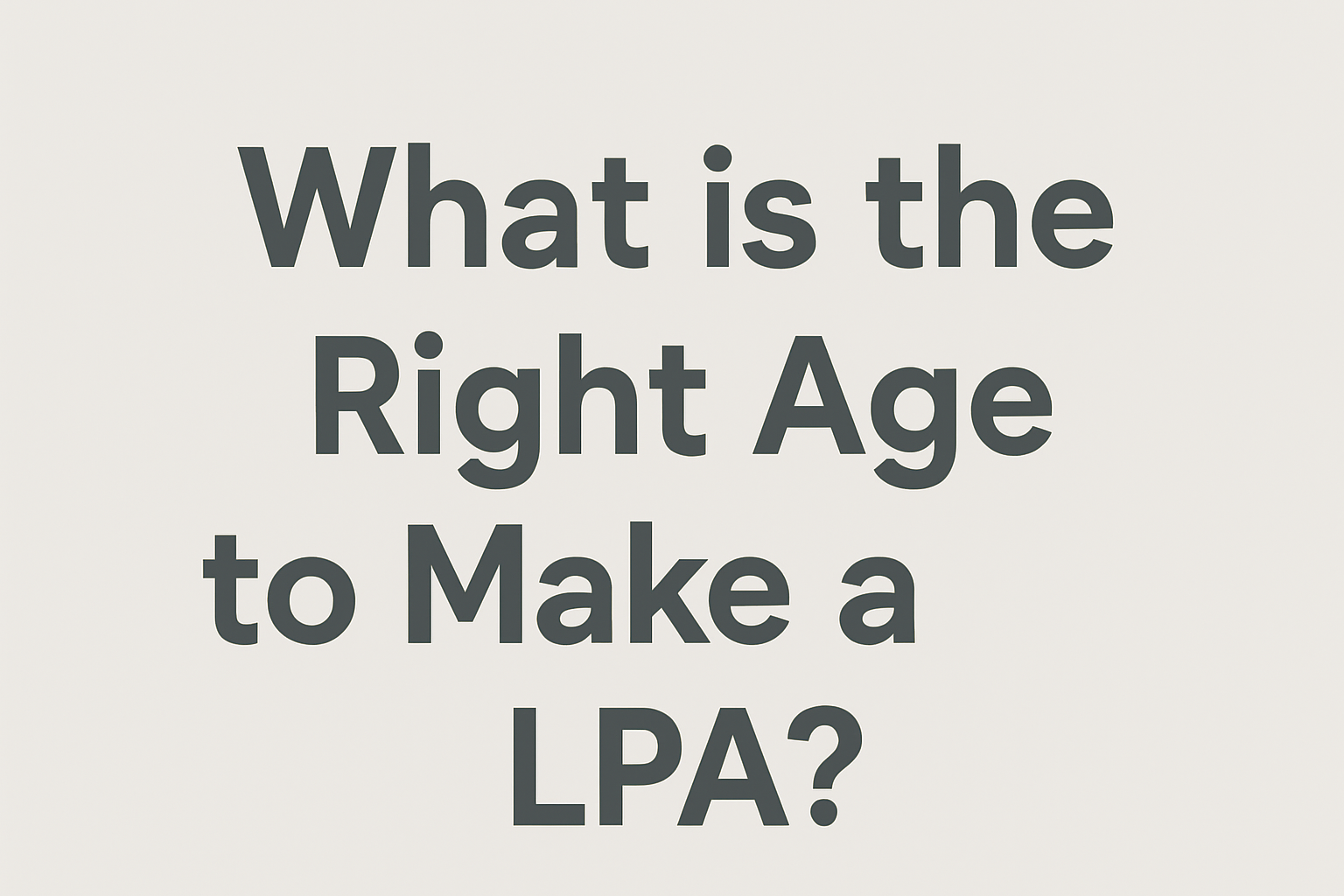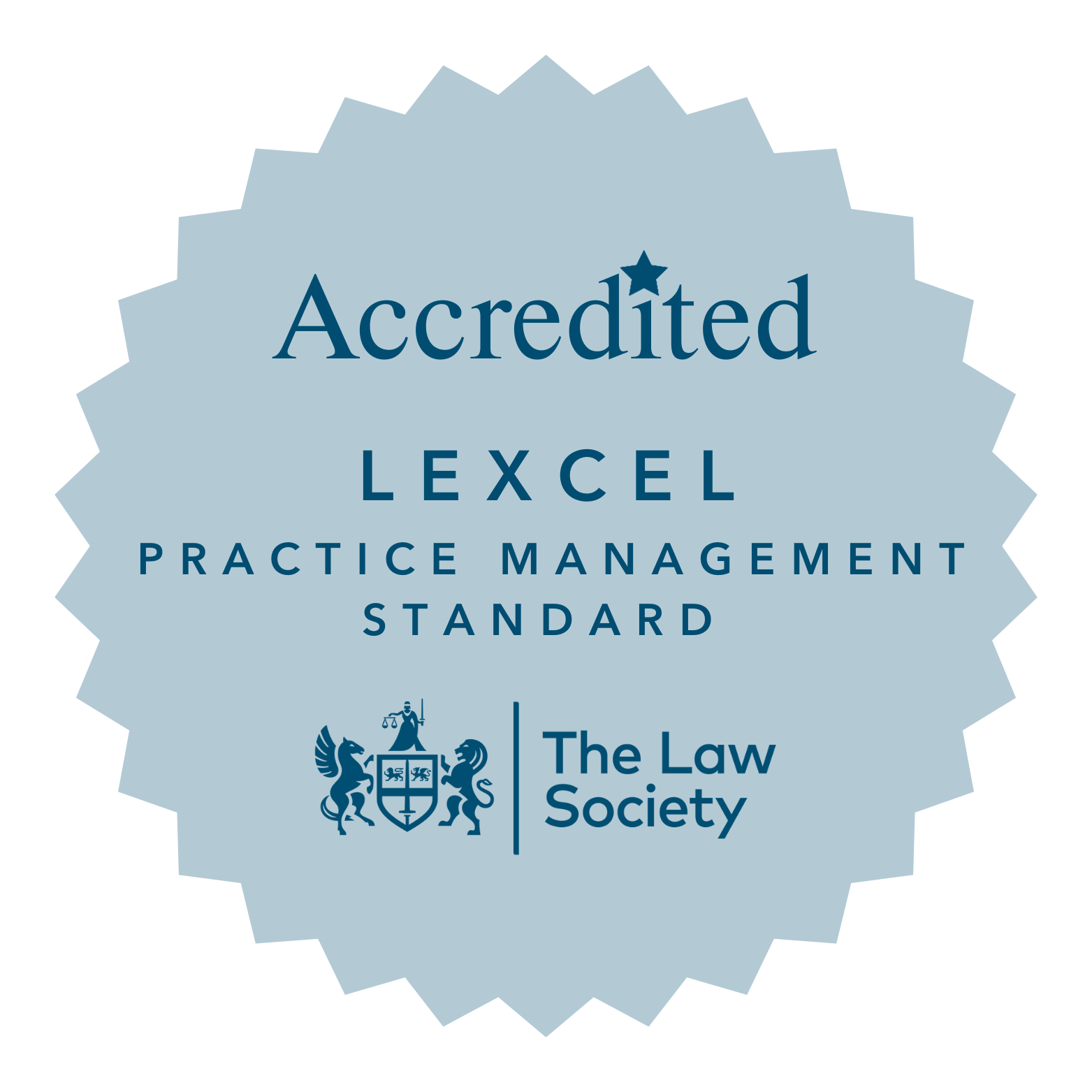Domestic Abuse Act 2021
If you or your children are in immediate danger, please call 999 and ask for the police. You can also call the 24-Hour National Domestic Violence Helpline on 0808 2000 247.
4 years since the Domestic Abuse bill was promised in the Queens Speech 2017, it finally became law in April 2021 and a further set of provisions, primarily in family law proceedings, came into force on 1st October 2021. The bill was campaigned for by survivors, activists, charities and legal professionals for many years and finally vital changes have taken place to go beyond criminal reforms and will cover the family courts, housing and health.
Key changes in the Domestic Abuse Act 2021
- Legal definition of domestic abuse has now changed to recognise children as victims
- A legal duty on councils to fund support for survivors in safe accommodation
- A Domestic Abuse Commissioner to stand up for survivors and lifesaving domestic abuse services
- New protections in the family and civil courts for survivors which includes a ban on abusers cross examining their victims and a guarantee that survivors can access special measures such as separate waiting rooms, entrances, exits and screens
- New criminal offences including post-separation coercive control, non-fatal strangulation and threats to disclose private sexual images
- A ban on abusers being able to use ‘rough sex’ as a defence
- A guarantee that all survivors will be prioritised for housing, and will keep a secure tenancy in social housing if they need to escape an abuser
- A ban on GPs charging for medical evidence of domestic abuse, including for legal aid
- A duty on the government to issue a code of practice on how data is shared
What is domestic abuse?
The UK government’s definition of domestic violence is ‘any incident or pattern of incidents of controlling, coercive, threatening behaviour, violence or abuse between those aged 16 or over who are, or have been, intimate partners or family members regardless of gender or sexuality. The abuse can encompass, but is not limited to psychological, physical, sexual, financial, and emotional.’
The Domestic Abuse Act states that for something to be classed as domestic abuse there must be three components:
- The perpetrator and victim are both aged 16 or over;
- The behaviour is abusive;
- They have been in a relationship that makes them personally connected
What counts as abusive behaviour?
Abusive behaviour can include but not limited to the following:
- Physical or sexual abuse – This could include a person carrying out a physical or sexual act without consent
- Violent or threating behaviour – Even if the perpetrator doesn’t carry out a violent act but threatens to, this is still abusive behaviour.
- Controlling or coercive behaviour – The Explanatory notes of the Domestic Abuse Act state the following:
Controlling behaviour is ‘a range of acts designed to make a person subordinate and/or dependent by isolating them from sources of support, exploiting their resources and capacities for personal gain, depriving them of the means needed for independence, resistance and escape and regulating their everyday behaviour’.
Coercive behaviour is ‘a continuing act or a pattern of acts of assault, threats, humiliation and intimidation or other abuse that is used to harm, punish or frighten their victim’.
- Economic abuse – The Act explains that this means any behaviour that adversely effects the victim’s ability to ‘acquire, use or maintain money or other property’ or ‘obtain goods or services’.
- Psychological, emotional or other abuse – Abuse may be verbal and designed to impact the victim psychologically and emotionally.
What to do if you are a victim of domestic abuse
All forms of domestic abuse are unacceptable in any situation.
If you’re experiencing domestic abuse and feel frightened of, or controlled by, a partner, an ex-partner or family member, it’s important to remember that it’s not your fault and there is no shame in seeking help. You do not need to wait for an emergency situation to find help.
It may feel like a difficult step to take, but there is support available and you are not alone.
If you are in an abusive relationship, you might want to:
- Get help and advice from a domestic abuse charity or organisation such as Womens Aid, Mens Advice Line, Refuge and many more.
- Find somewhere safe to stay (If you need to escape from domestic abuse then any restrictions or self-isolation rules relating to Coronavirus (COVID-19) do NOT apply.)
- Report the violence to the police
- Take legal action
Can I check if someone has an abusive past?
If you are concerned that a new, former or existing partner has an abusive past you can ask the police to check under the Domestic Violence Disclosure Scheme, also known as ‘Clare’s Law’. If records show that you may be at risk of domestic abuse, the police will consider disclosing the information. A disclosure will be made if it is legal, proportionate and necessary to do so.
If you are concerned about a friend or family member, you can apply for a disclosure on behalf of someone you know.
It is important to remember that an abuser could still have a history of domestic abuse, even if the police don’t give you information about them. The police might not have given you information because either they didn’t think it would help keep you safe or the abuse wasn’t reported.
Taking legal action when domestic abuse is involved
Taking legal action with an experience family lawyers is vital once you are safe and feel ready to do so. We will be able to help you with things such as ending your marriage or civil partnership, child arrangements for who can see them and when, sorting out any property owned or belongings left behind just to list a few.
You may be entitled to Legal Aid to help with your legal costs including advice and help if you have to go to court. You can check to see if you would qualify for legal aid here https://www.gov.uk/check-legal-aid or call the office and speak to our Family team who will be able to assist you.
How can I protect my children from domestic abuse?
If you are a victim of domestic abuse you may be able to apply for a court order or injunction to protect yourself and your children from your current partner, previous partner, family members or someone you currently or previously live with. These are called Non Molestation or occupation orders. Our experience Family team will be able to assist you with this.
Domestic abuse statistics
The Office of National Statistics published on 24th November 2021 the following statistics:
In the year ending March 2021, the number of domestic abuse-related incidents recorded by the police in England and Wales was 613,929. This is an increase of 6% compared with the year ending March 2020.
Of all crimes recorded by the police in the year ending March 2021, 18% were domestic abuse related. This was an increase of three percent compared with 15% the previous year.
If you need to escape from domestic abuse then any restrictions or self-isolation rules relating to Coronavirus (COVID-19) do NOT apply.
How can we help?
Our experienced Family team will be able to help you when you feel ready. We will explain all options available to you and go at your pace. We have vast experience in dealing with domestic violence matters and we will guide you every step of the way. You can email, call or use the contact form below to discuss things further.
Contact Us




